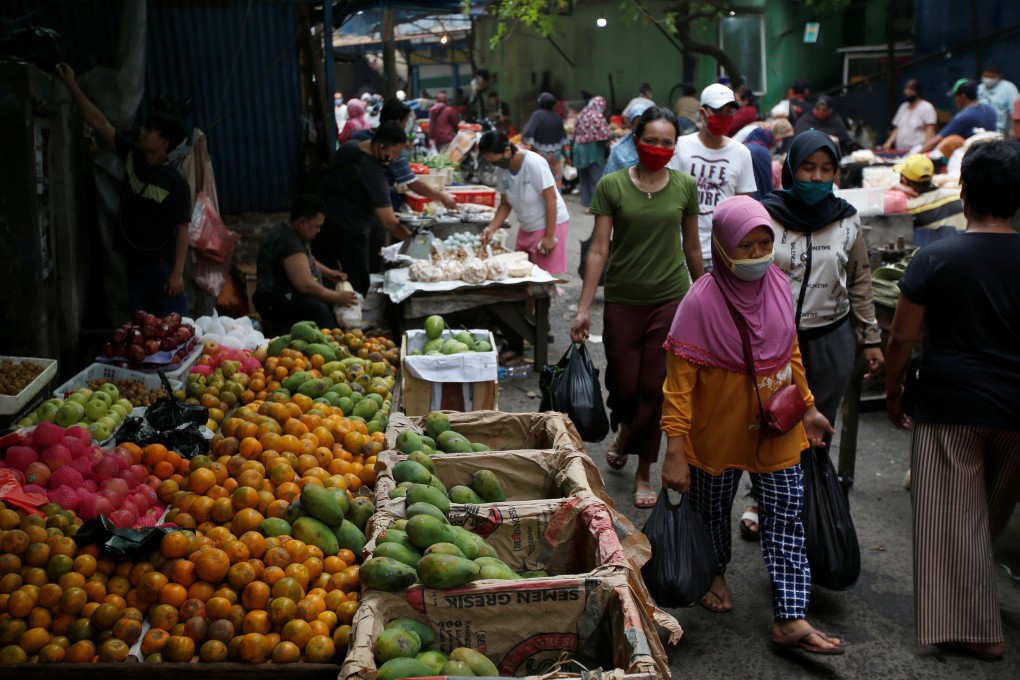Opinion | As Indonesia faces recession, failure to help informal sector will cost it dearly
- Covid-19 has hit Southeast Asia’s largest economy hard and a US$48 billion stimulus is not really addressing the needs of informal workers
- During the Asian Financial Crisis, the informal sector kept the economy going

In an eerie repetition of its initial response to the Covid-19 health crisis, there are signs that the government is more interested in presentation than substance. It has continued to paint a rosy narrative on the economy, playing down the consequences a recession may have for Indonesians.
The president’s right-hand man, Coordinating Minister for Maritime Affairs and Investment, Luhut Pandjaitan, recently tried to understate the matter by way of a boast. “A recession is a possible scenario but we have strong [economic] infrastructure and programmes in place. So we feel comfortable”, local media reported him as saying.
He claimed that his confidence is shared by bodies like the IMF and World Bank. “They keep telling me our programmes are comprehensive and to a certain extent the best among the emerging economies.”
In a speech at the recent annual joint session of the country’s legislative chambers to which the diplomatic corps was invited, Widodo smugly compared Indonesia’s 5.32 per cent economic contraction to the “17 per cent experienced by many developed countries”.
He added that their setbacks “have provided an opportunity and momentum for [Indonesia] to catch up with them at a faster rate”.
